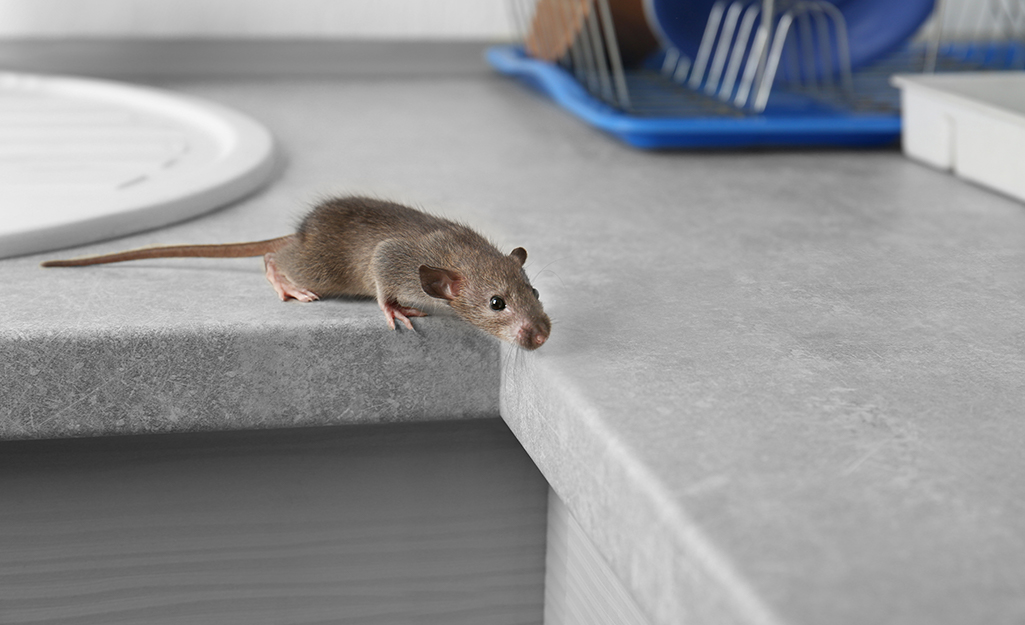In the ever-evolving landscape of household challenges, pests remain an enduring nuisance. For many homeowners, finding pest management solutions that are both effective and sustainable is a top priority. Navigating this often-overwhelming task requires not just products, but a comprehensive understanding of strategies that really work. In this article, we delve deep into the world of pest management, offering insights and proven methods to help homeowners combat these unwelcome intruders.

Understanding the Pest Problem
Before diving into specific solutions, its crucial to understand why pests infiltrate homes. Most pests, such as rodents, ants, and termites, enter homes in search of food, water, and shelter. Identifying the root causes of infestations is the first step in developing a long-term management plan.
Pests are attracted to clutter, food residues, and excess moisture. By minimizing these attractants, homeowners can significantly decrease the chances of an infestation. It's vital to keep homes clean and dry with regular cleaning schedules, moisture control, and proper food storage. [Home Pest Control Innovation](https://trapx.io/blogs/news/home-pest-control-innovation-the-future-of-keeping-your-home-pest-free) highlights innovative strategies to tackle this.
Integrated Pest Management (IPM)
The concept of Integrated Pest Management (IPM) has gained widespread recognition as an effective approach to pest control. IPM is an environmentally friendly method that combines different management strategies and practices to reduce pest damage to an acceptable level.
This approach involves a combination of techniques such as biological control, habitat manipulation, cultural practices, and the use of resistant varieties. Regular monitoring is key to identifying and managing infestations before they become significant problems. Homeowners can benefit from implementing an IPM plan to manage pest populations while minimizing economic, health, and environmental risks.
To learn more about seasonal strategies, check out this article on [Seasonal Pest Prevention](https://trapx.io/blogs/news/seasonal-pest-prevention).
DIY Pest Control Techniques
For the hands-on homeowner, DIY pest management offers a cost-effective way to address minor infestations. Some effective DIY methods include:
- Using natural remedies such as vinegar, peppermint oil, and diatomaceous earth to deter pests.
- Regularly inspecting and sealing cracks, crevices, and other entry points to prevent pests from entering the home.
- Setting traps and bait stations for rodents and insects.
- Using electronic repellents for specific pests like rodents and mosquitoes.
For detailed DIY strategies, consider this external guide: [Top 10 DIY Pest Control Tips](https://mypestpro.com/blog/top-10-diy-pest-control-tips-for-homeowners/).
Professional Pest Control Services
When infestations become too overwhelming for DIY measures, or when safety concerns arise, professional pest control services become the preferred choice. Professional exterminators possess the expertise, tools, and chemicals necessary to eradicate pests effectively and safely.
Engaging a professional service can provide peace of mind with their ability to handle large-scale infestations and offer long-term prevention plans. Regular follow-ups and maintenance are crucial for ensuring pests do not return.
Prevention: The Best Solution
Pest prevention is oftentimes more effective and less costly than extermination. Here are a few preventative measures:
- Maintaining cleanliness and reducing clutter in and around the home.
- Properly storing and sealing food items.
- Regularly disposing of garbage and securing it in outdoor bins.
- Managing moisture levels in the home through proper ventilation.
Consider this resource on [Preventing Pests](https://trapx.io/blogs/news/preventing-pests-before-they-start) to learn more on long-term prevention strategies.

FAQ on Pest Management
1. What are some signs of a pest infestation?
Common signs include droppings, gnaw marks, burrows, nests, and unusual sounds from walls or ceilings at night.
2. Are there natural ways to control pests?
Yes, natural methods include using essential oils, natural predators, and maintaining a clean, dry home environment to deter pests.
3. When should I call a professional?
If the infestation is large, persistent, or poses potential health risks, it's best to call in a professional exterminator to handle the issue effectively.
This article contains affiliate links. We may earn a commission at no extra cost to you.
